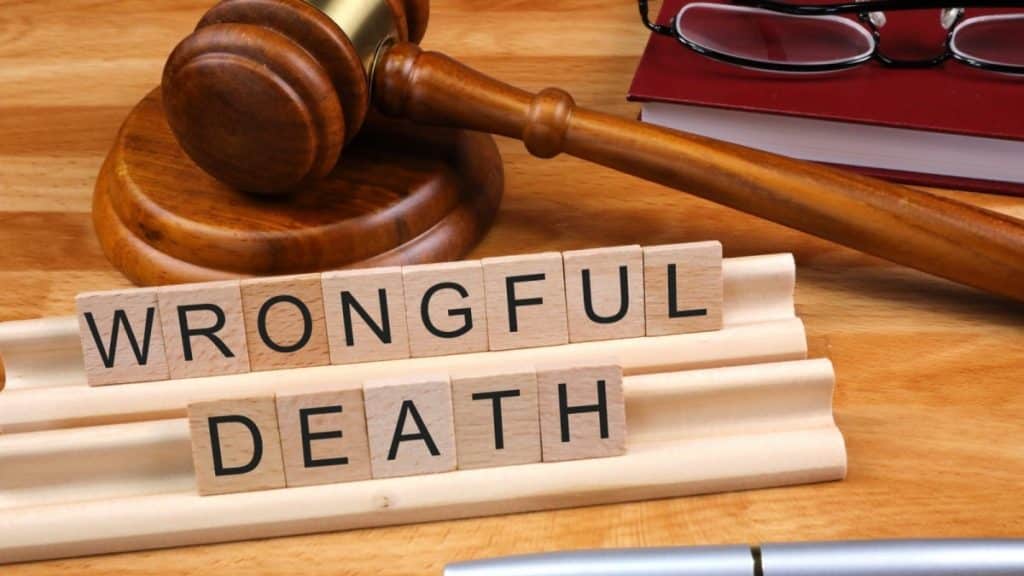If someone you love dies, that’s always sad. However, if they died at the end of a long life, you will probably feel okay about that. You’ll at least know they lived to the fullest and had many amazing experiences before natural causes claimed them.
However, if someone dies and it’s a wrongful death case, that might bother you a great deal. If you feel certain that a person or business entity’s actions or inaction caused your loved one’s untimely death, maybe you don’t feel you can rest until you get adequate compensation in a court of law.
Wrongful death payouts help balance the scales of justice, but maybe it’s not so much about the money. Instead, maybe you want the person or a representative from the company that killed your loved one to sit across from you in court so you can look them in the eyes. Maybe you want them to admit their wrongdoing in front of the world.
If you’re in such a situation, though, how does the jury figure out how much they should give you? It’s an interesting question, and one we will discuss in detail in the following article.
They Look at the Dead Person’s Age
The complexity of these cases sometimes makes the job of the jury members difficult. First, they must determine whether they think your legal case has any validity. Maybe you feel certain that a person or company caused your loved one’s death, but that does not necessarily mean you can prove it.
You need to provide the jury with plenty of evidence if you’re going to get them to agree that the guilty party should give you some money in damages. If you have a preponderance of evidence, then that makes things a little easier. If all the jury members agree that you have a valid point, they should next move on to determining how much money to give you.
That’s not always the easiest question to answer, but they might start by looking at the deceased person’s age. It’s one thing if a 90-year-old dies and you can hold someone liable. That’s still tragic, but it’s not the same as when an infant dies. They had their whole life ahead of them. Presumably, someone who’s 90 years old didn’t have that much further to go.
You can reasonably expect that the person or company that killed your relative or caused their death should give you more if the deceased had most of their life ahead of them. It might sound a little callous to think that the dollar amount attached to someone’s life would change because of their age, but it makes a kind of sense with which most people can agree.
They Look at How Much Money This Person Made
Next, the jury might look at how much money this person typically made. Let’s say you have a situation where a company killed your spouse or caused their death through their negligence. If so, the jury may see that the person who died still had about twenty-five years to go to get to the standard retirement age.
They will look at approximately how much his person made in terms of salary over the past few years. They might take that mean average and multiply it by 25. This way, they can give you the money that this person would have made over the next 25 years if they had lived.
Again, this system has its flaws, but it makes sense to some degree if you think about it. You will no longer have this person bringing their salary home.
The person or business entity who killed them took this money away from you. Now, you have a chance to get it, assuming the jury members all agree that the person or company you’re suing has culpability in this matter.
They’ll Look at Precedent from Similar Cases
They might also look at precedent from similar cases. They may start by looking at the age and salary that the deceased person normally brought home, but they will probably want some guidance based on similar wrongful death cases.
They need to look at this precedent because they’ll likely want to add on some extra money for the pain and suffering you endured from no longer having this person in your life. They will add an amount for the loss of your parent, spouse, child, or whoever it was who died.
This loss should have a dollar amount attached to it, but it is hard to say exactly how much. That is why looking at similar cases should help the jury members get the final amount into the right range.
They’ll Look at the Individual or Company’s Actions That Caused the Wrongful Death
The jury might look at one final factor as they try to determine how much in damages you should get. They may look at the company or individual’s inaction, or action, that caused your loved one’s death.
Maybe a company came out with a product that had some fatal design flaw. They tested this item to make sure of its safety, but it still had some issue that only revealed itself once it was on store shelves and the general public could buy it.
If so, it’s tragic that your loved one died, but at least the company can say they tried to catch the error. However, maybe you have a situation where you can prove the company didn’t test the product at all, or perhaps they only did so in a very hurried fashion. Perhaps they wanted to get it into stores before the holiday season, so they didn’t test it as extensively as they should have.
If the jury feels that the company or person who caused your loved one’s death acted egregiously, they will probably give you a larger amount. That makes sense, since this individual or company acted recklessly, negligently, or even with depraved indifference.
